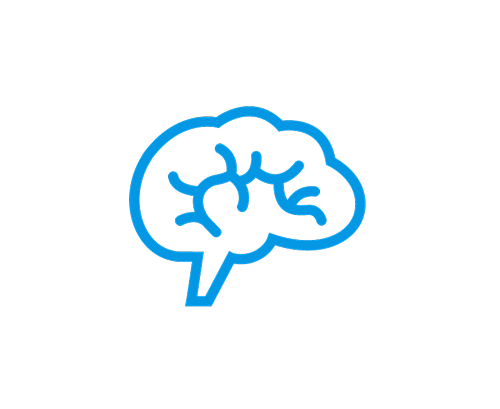
Increased risk
Living with obesity may increase the chance of developing Alzheimer’s by up to 30%1
We have detected that you are located in . Do you want to switch to the local site?

Image is actors portrayal
3 minute read
A gentle reminder: Living with obesity can affect more than just your weight. Research shows it may also raise the risk of Alzheimer’s disease and other forms of dementia. That may feel unsettling to read, but the good news is that there are many positive steps you can take now, that may protect your brain health in the future.
And, you don’t have to face this alone, talk to your healthcare team today to devise a plan for how you can manage your risk.
To help guide you, here are a few simple facts to know about obesity and your brain:

Living with obesity may increase the chance of developing Alzheimer’s by up to 30%1

If you think that you might have symptoms of Alzheimer’s, talk to your doctor about screening tests

Changes in memory, thinking or mood are important to pay attention to2

Talking openly with your healthcare team is a positive first step in protecting your brain health.
Large studies that follow people through midlife show that living with obesity is linked with about a 30% higher chance of developing dementia later on.1 Many people already living with Alzheimer’s are also overweight or have obesity.3
It’s important to know that memory and thinking changes often begin long before a diagnosis.4 Being alert to early changes and sharing them with your doctor can make a real difference.
Scientists have found several ways that obesity and dementia may be linked:5,6
| Inflamation | Inflammation in the body and brain that doesn’t fully switch off, which can damage brain cells. |
| Blood vessel damage | Changes in cholesterol and blood fats may damage small blood vessels in the brain. |
| Cell wear | Oxidative stress, which can wear down cells over time. |
The hopeful news? The same healthy steps that protect your heart and body (managing weight, blood pressure, cholesterol, and blood sugar) also support your brain health.2,7
We all misplace things or forget words sometimes, but certain changes should be taken seriously:8

If you notice these changes in yourself or someone you love, write them down and share them with your doctor. Seeking help early doesn’t mean something is “wrong”. It means you can be assessed, reassured, and supported.
You don’t have to be alone with this, finding a community can help you with your questions and concerns.
Ask your doctor whether your health puts you at higher risk for dementia, and whether there are ways to manage things differently.
Talking early with your healthcare team means you’ll have support at your side. Together, you can explore what’s happening and find steps that help protect both your physical and brain health.

HQ25SMAD00004 October 2025